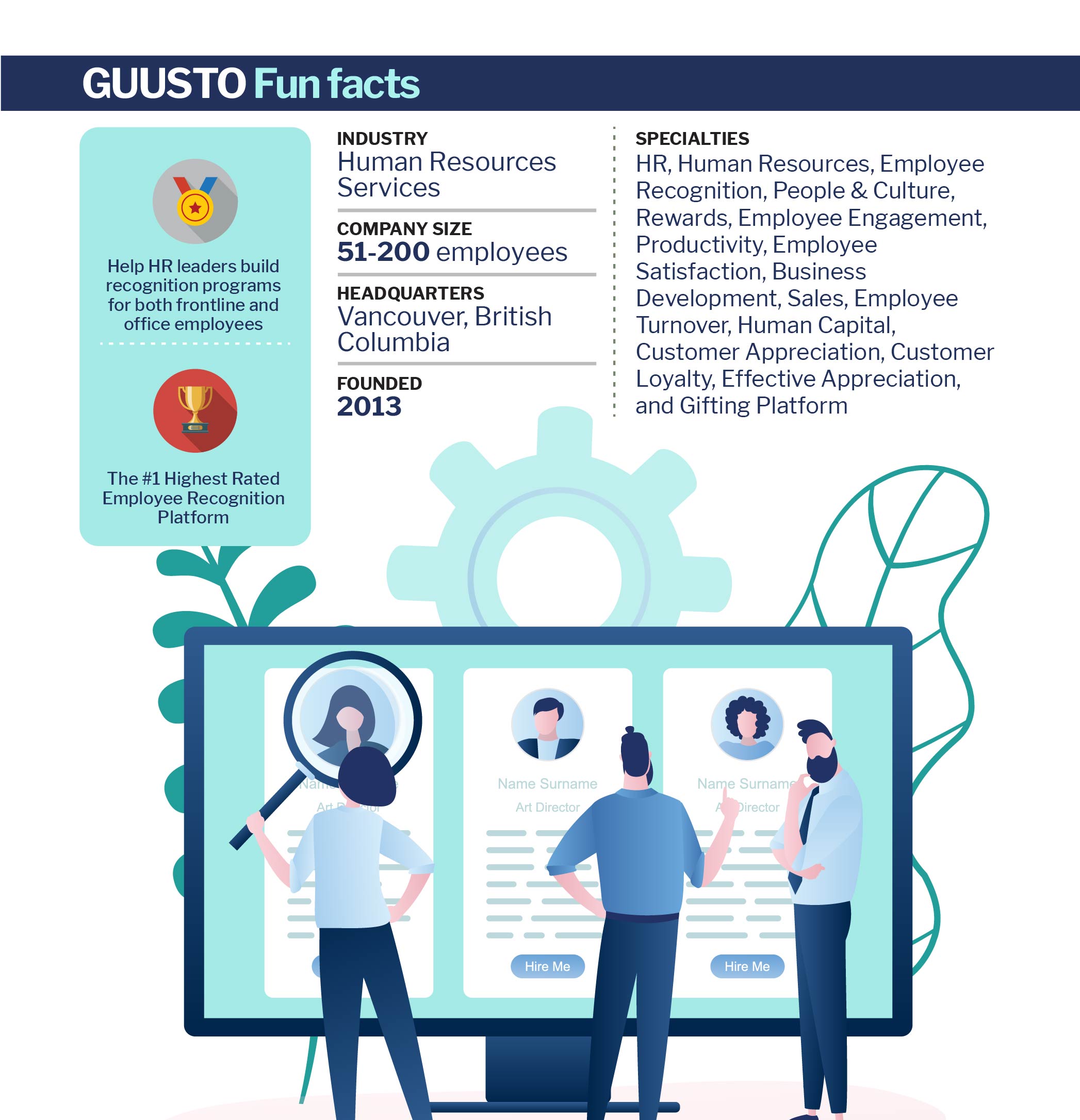
HR leader Noah Warder talks to HRD about competency frameworks, inclusivity and transparency

Noah Warder took a somewhat unconventional route in HR. His background is a mix of hospitality and teaching, with a dash of entrepreneurial spirit.
Now, as head of people at Guusto, his experience has served him well in crafting people policies and programs, along with talking to clients “about what good recognition looks like to build a culture of recognition.”
One of Warder's key responsibilities is fostering collaboration and efficiency within the HR department. Working alongside a people and culture partner, he ensures a cohesive approach to talent acquisition and employee experience, while also emphasizing the importance of this collaboration.
A critical aspect of Warder's work revolves around organizational design where he focuses on creating clear pathways for individual growth and career progression. What’s more, he’s a strong advocate for competency frameworks and career paths that offer both vertical and lateral mobility.
"It creates more inclusivity because it gives more insight and reduces a lot of that bias that comes with promotions and merit increases," he says. “As in ‘I know what I'm working on, and I can show that through our competency framework’. Then it's not a manager ‘check’ and we're going to get a raise this year.
“It’s about ‘How do I help them get to that next level?’ ‘How do I help them grow in their career and make that transition into something more?’ And there's a lot of other side benefits that come with this as well – such as manager empowerment, coaching, training and one-to-ones.”
Meanwhile, Warder's approach to diversity and inclusion includes a revamp of its hiring process, making it more transparent and equitable – including displaying transparent salary ranges and removing traditional job requirements from postings.
"I firmly believe these practices are just the right thing to do if we want to have a better society," Warder says.
And while Guusto may have been one of the first to implement such initiatives, they’re by no means the last. A push towards pay transparency in job adverts has gripped Canadian organizations, with British Columbia being the first province to roll out an official decree. Its new Pay Transparency Act, passed on May 11, 2023, means employers can no longer ask job applicants about their pay history with former employers.
At Guusto, Warder says these practices have led to a more diverse candidate pool and a fairer hiring process.
They also concentrate on training managers to be effective mentors, equipping them with the tools and resources necessary for guiding employees in their career growth.
"We've set up Lattice to help navigate those conversations and guide those conversations and also give managers the tools they need to become mentors themselves," Warder says.

As for the future, Warder sees a continued emphasis on diversity, inclusion and belonging programs at Guusto. He anticipates a shift towards more accountability in HR and leadership, particularly in frontline industries.
“I think this world, in those industries that make up the majority of the economy, have been largely ignored when it comes to the media and what's happening out there. So I'm hoping to see more of a shift in focus around what innovative things these types of industries are doing.”